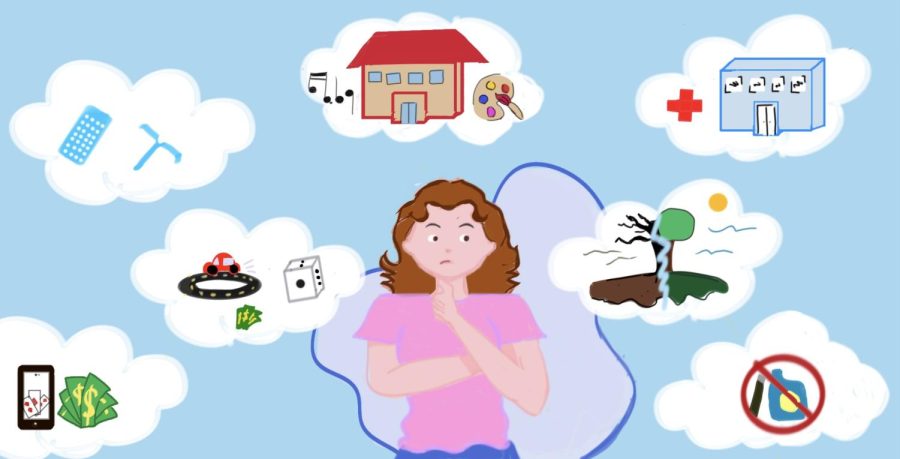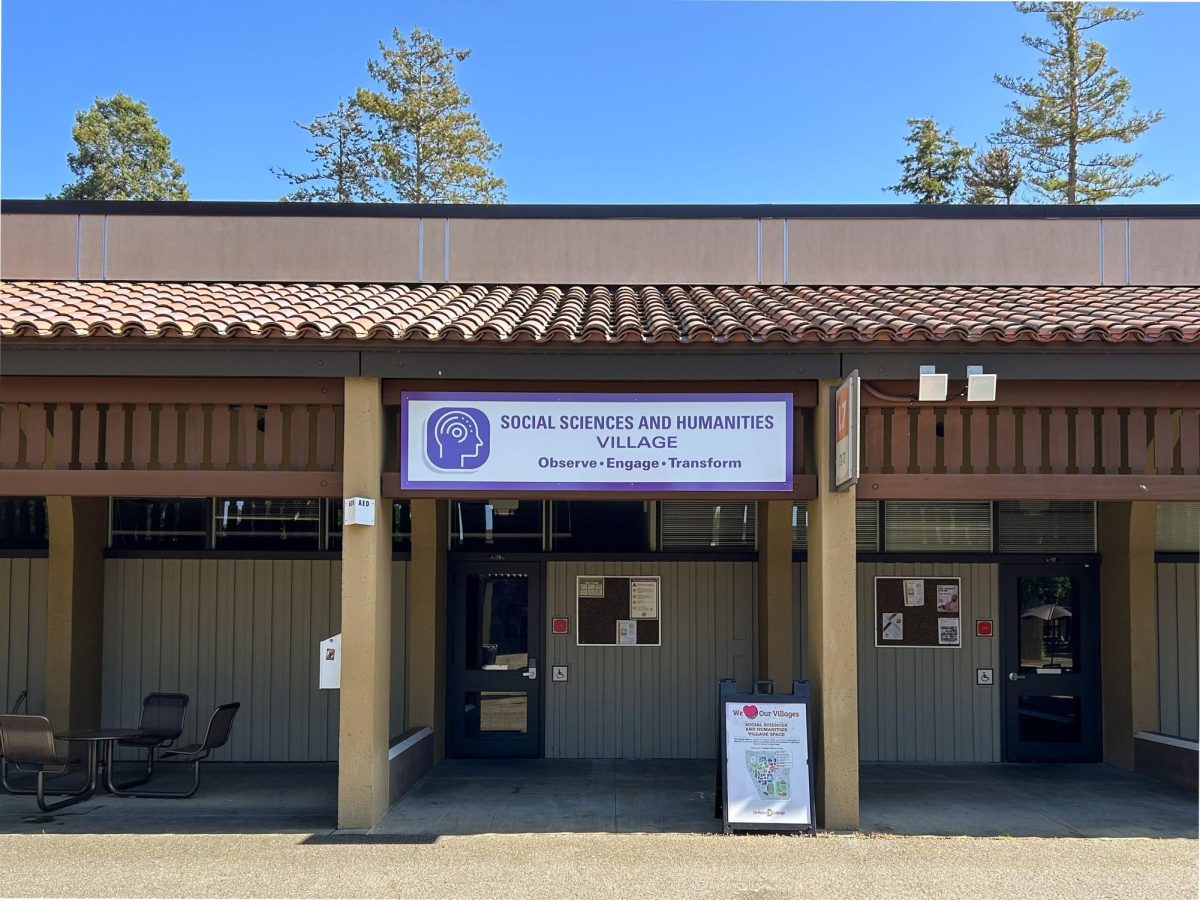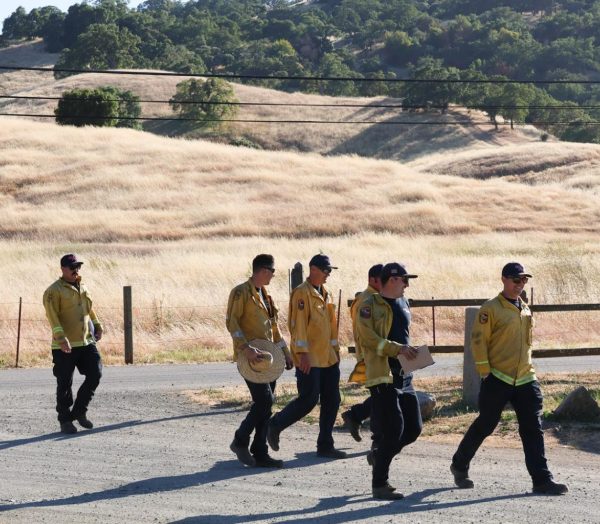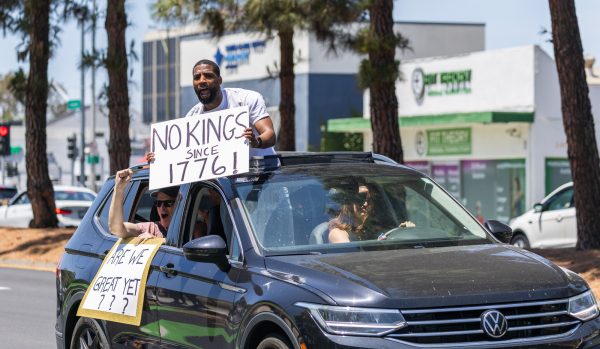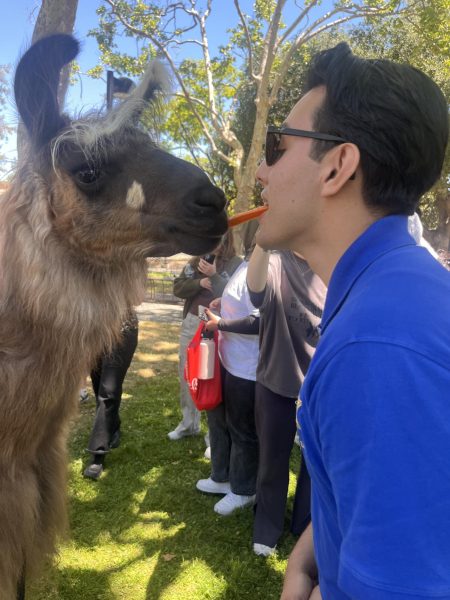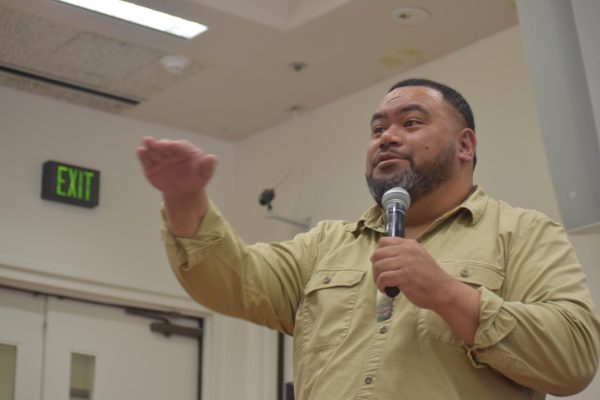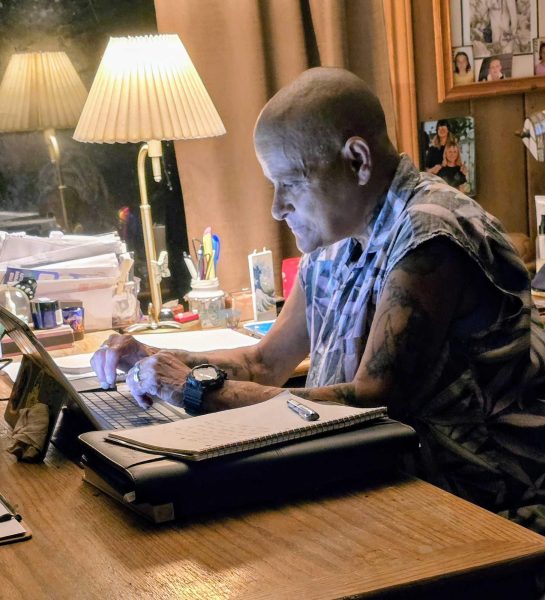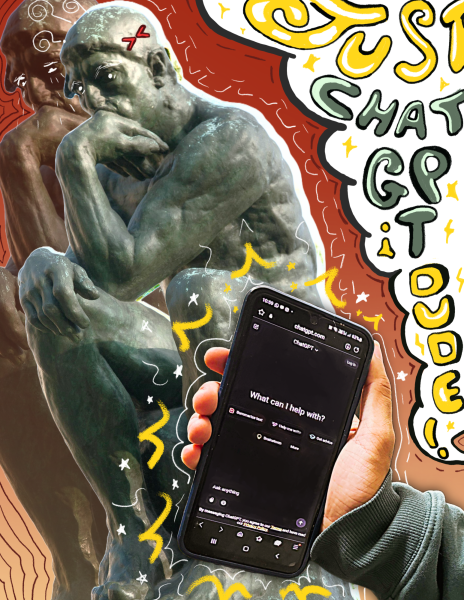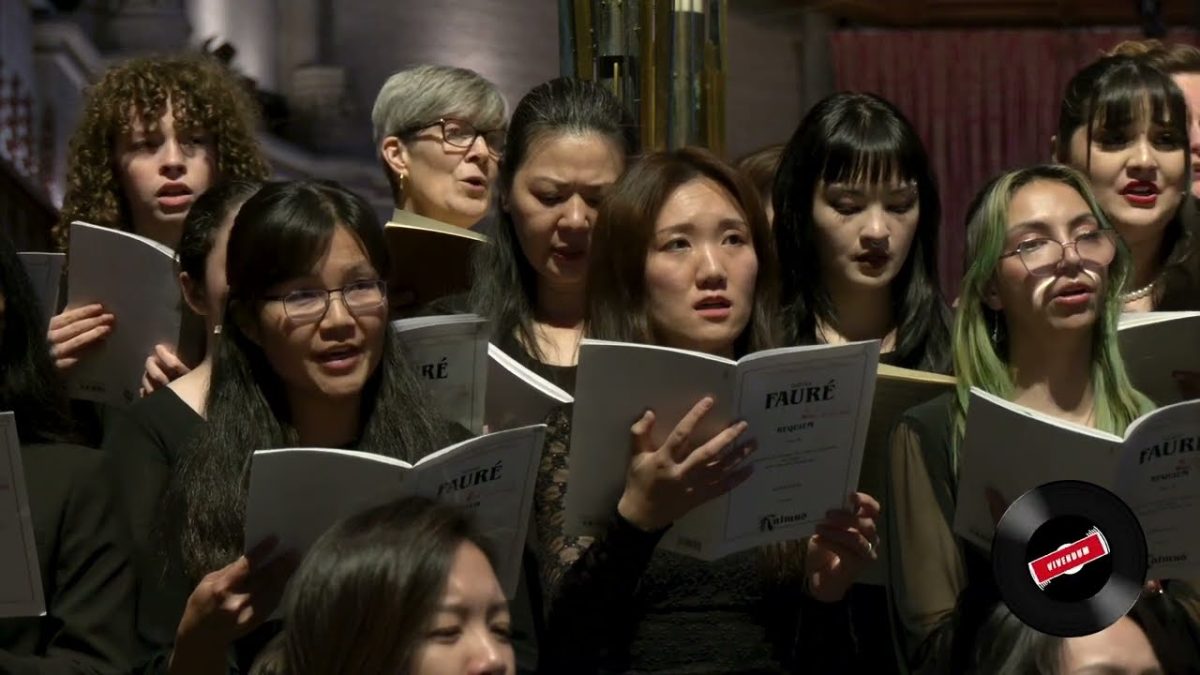The upcoming propositions in the 2022 California election
November 4, 2022
Each person’s vote on California’s ballot in this general election is not only important for supporting local candidates, but also for deciding “yes” or “no” on the seven state propositions. Currently, any registered voter can vote in-person at voting centers, by mail or dropped off at ballot drop box sites until 8 p.m on Election Day, Nov. 8.
California’s propositions in this upcoming election strongly impact various issues, such as a person’s reproductive freedom, zero-emission vehicles and gambling.
Below is more information on each of the seven state propositions for California’s general election.
Proposition 1
On June 24, the Supreme Court overturned Roe vs. Wade and eliminated abortion as a constitutional right on a federal level. Abortion rights and contraceptive rights in California are on the ballot with Proposition 1, which proposes a change to the California Constitution such that the state cannot deny or interfere with the reproductive freedom of its residents.
A yes vote means that the California Constitution would be changed to expressly include that people have the fundamental right to choose:
- Whether or not to have an abortion
- Whether or not to use contraceptives.
The support of “yes” is at around $9.3 million and is headed by the governor of California, Gavin Newsom.
A no vote means that the California Constitution would not be changed to expressly include existing rights to reproductive freedom. These rights, however, would continue to exist under other state law. “No” is led by the organization California Together, which has produced $71,000 in support of the campaign.
Proposition 26
Proposition 26 asks the question if sports betting should be legalized in American Indian gaming casinos and licensed racetracks in California. If approved, this proposition would also legalize roulette and dice games in American Indian gaming casinos as well.
According to KCRA News, “yes” supporters believe that this move would produce millions of dollars for schools and wildfire prevention. Opponents believe this move will result in a loss of jobs and a loss of money for the local economy, because an increase in gambling would lead to irresponsible money spending and loss.
$132.2 million has been spent in support of the proposition so far, with top spenders including the Federated Indians of Graton Rancheria and the Pechanga Band of Indians. $42.6 million has been spent in opposition of Proposition 26, with major spenders including the California Commerce Club, Inc. and Hawaiian Gardens Casino.
Proposition 27
The U.S. Supreme Court gave states the power to legalize betting on sports in 2018 and California has yet to come to a decision on whether to. Proposition 27 is similar to 26, but allows gaming companies to offer mobile and online sports betting. Betting applications such as FanDuel and DraftKings are considered illegal in California, while 35 other states consider these applications legal.
Prop 27 and Prop 26 are connected because this is an issue between the tribal casinos and large betting organizations.
Some voters in favor of Prop 27 think that mobile and online sports betting in California would be helpful to sports bettors who are currently restricted.
Some opponents of Prop 27 believe that allowing mobile sports betting applications in California is going to cause large issues for adolescents who watch sports, and others who may struggle with gambling addiction.
Proposition 28
Proposition 28 proposes increasing the funding for both public schools and community colleges’ arts and music programs. A “Yes” vote would require California to contribute an estimated $1 billion toward all schools across the state.
This move was initiated by Los Angeles Unified School District Superintendent Austin Beutner, who wanted art to be considered a core subject again. This campaign has received over $10 million in support and has no opposing side to contact listed in the California Voter Guide.
Proposition 29
Proposition 29 focuses on establishing statewide requirements for dialysis clinics to meet certain workplace laws that are not followed — such as having each clinic make available an on-site physician, nurse practitioner or physician assistant during treatment hours.
According to KQED, 80,000 patients receive treatment each month by state licensed clinics, all of which face being shut down if they do not meet certain requirements.
Changes to these clinics are being proposed because United Healthcare Workers want there to be change in the working conditions by putting pressure on these companies to better the quality of service.
The main companies who own these clinics are Davita Kidney Care and Fresenius Medical Care, who oppose Prop 29 and lead their campaign with approximately $86.3 million.
Proposition 30
Proposition 30 is an attempt to combat climate change and the effect of greenhouse gasses by funding electric vehicles and infrastructure for charging.
Proposition 30 requires Californians with income over $2 million to contribute about two percent of their income tax to fund electric car deployment and combat wildfires.
This tax would be distributed amongst a multitude of different groups including firefighters, low-income residents and building more charging stations for electric cars.
Lyft has funded the majority of proposition 30’s campaign with $45.4 million and says it will use the money to put California on track for its climate goals.
Gov. Gavin Newsom opposes this proposition and has spoken out against Lyft, believing Proposition 30 will only benefit that single corporation.
Proposition 31
Proposition 31 is a veto referendum focused on deciding whether an existing California law prohibiting the sale of certain tobacco products should remain in effect. Since 2020 Senate Bill 793 (SB 793) passed, it has been illegal for retailers in California to sell flavored tobacco products and tobacco product flavor enhancers.
According to the Legislative Analyst’s Office, a “yes” vote on Proposition 31 would mean in-person stores and vending machines would continue not to be allowed to sell most flavored tobacco products and tobacco product flavor enhancers.
A “no” vote on this measure would repeal SB 793, meaning that in-person stores and vending machines could sell flavored tobacco products and tobacco product flavor enhancers, as allowed under federal, state, and local rules.
The support for this proposition is headed by Michael R. Bloomberg, former mayor of New York City, according to KQED. He is accompanied by healthcare companies such as Kaiser Foundation Health Plan, Inc. and the American Cancer Society.
The opposition side is headed by tobacco companies such as R.J. Reynolds Tobacco Company.



